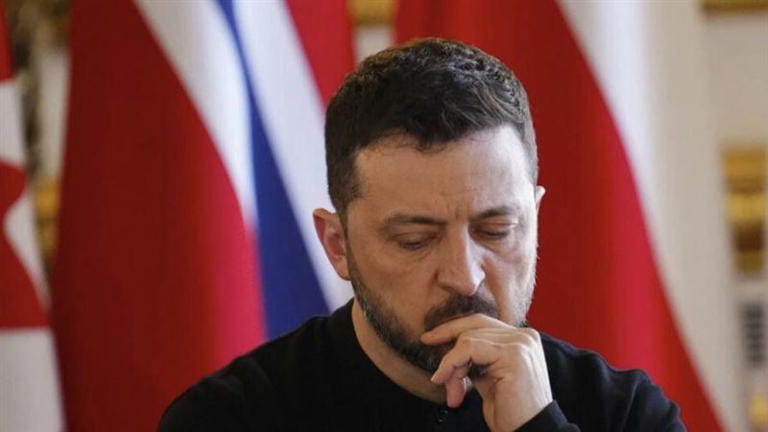The U.S.-led Russia-Ukraine negotiations have faced many twists and turns. The negotiating representatives from the U.S., Europe, and Ukraine were originally scheduled to hold discussions on the ceasefire agreement in London on the 23rd local time. However, U.S. Secretary of State Rubio unexpectedly announced his withdrawal from the talks on Tuesday, primarily because Ukrainian President Zelensky refused to acknowledge the legitimacy of Russia's control over Crimea as proposed by Trump.
According to reports from The New York Times, two European officials in Paris were briefed on the ceasefire agreement, which included the possibility of Ukraine 'recognizing Russian control of Crimea' and 'excluding Ukraine's membership in NATO'. However, Zelensky later told reporters that it is absolutely impossible to recognize Russia's annexation of Crimea, as this violates the Ukrainian constitution, and that discussions on this topic are out of the question.

Zelensky's hardline stance caused Rubio to lose patience and he simply announced his withdrawal from the talks. He also told reporters that 'the United States will not continuously invest energy in matters that yield no results.'
Both sides accuse each other of violating the ceasefire agreement, but Ukrainian officials acknowledge that the overall intensity of Russian attacks has weakened.

The New York Times analysis suggests that the reduction of the American lineup is a symbolic setback for Europe in its efforts to secure a place at the peace negotiations. During his time in Paris, Rubio stated that the UK, France, and Germany played a constructive role in finalizing the ceasefire agreement. Representatives from these three countries will also head to London, although Zelensky currently does not plan to attend the talks.

